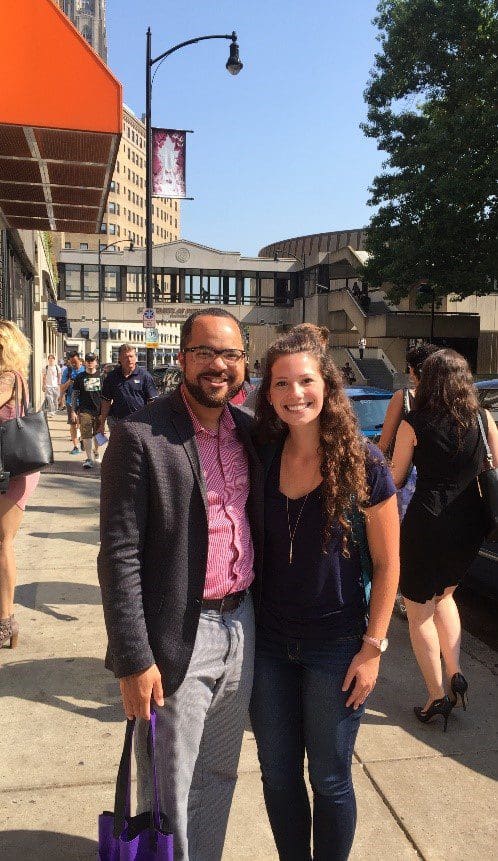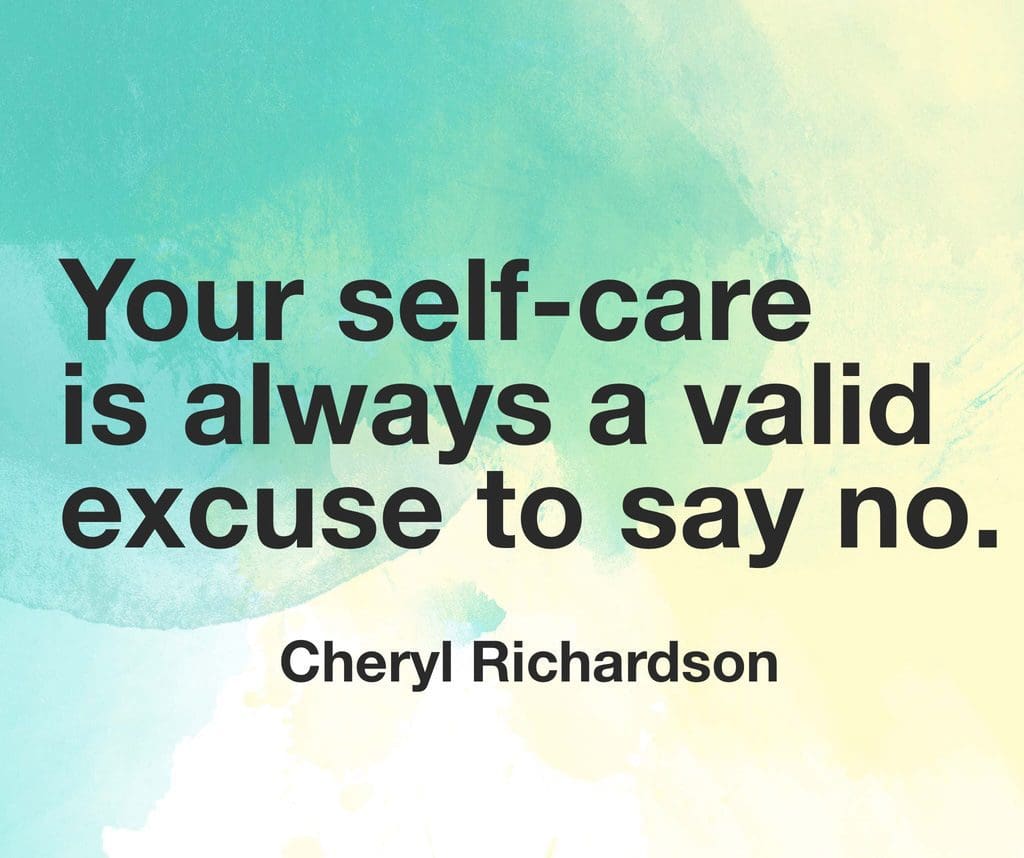Meet Julius Boatwright, Executive Director of the Will Allen Foundation and the dedicated Social Worker who founded Steel Smiling. Julius has made great strides in the community by adopting a humanistic approach to help people discuss mental health openly and reduce the stigma surrounding this topic. This humanistic approach involves viewing people as a whole human-being instead of breaking them down into their individual parts. Julius emphasizes the notion that everyone is valuable and worth listening to and he practices this idea in his work. Steel Smiling began serving community members in the Hill District and has grown to include people from all walks of life in Pittsburgh. They’re bridging the gap between community members, mental health professionals, and leaders. While doing so, they’re intentionally breaking down barriers to show that mental health doesn’t discriminate; it affects every one of us.
We interviewed Julius to learn more about his impact on Pittsburgh.
How did your work as a community based therapist influence your mission at Steel Smiling?
As a community-based therapist, I saw a lot of disconnect between when a community member needed support and when they actually received it. For many of my interventions, I was sent in either at or after a crisis had occurred: when a child was about to be removed from the home, when someone was having suicidal ideation, or when there was intimate partner violence occurring. At the root of it all was mental and behavioral health challenges. Most days, it all seemed very reactionary to me. We would come in with our tool-belt of Cognitive Behavioral Therapy techniques and resources. Over the course of one month we’d have three stages: the first being engagement, the second introducing and teaching skills, and the last week was connecting the family to resources. After that, we’d move on to the next family after the 28 days were over.

Would you check back in with them?
We could if they needed our support moving forward, but the idea was that we were there to serve as firefighters. We would go in, put the fire out, ensure safety, and share with them a couple of skills and resources before closing the intervention. However, at the 28-day point, that was when they were open and ready to really trust you. As soon as we were able to make progress together, I was called to serve with the next family. This is internationally utilized and proven, but I believe that we need to consider more preventative methods of delivering services. We need to do what we can to prevent the problems from happening instead of focusing on putting bandages on the wounds. Continue reading Community Spotlight: Julius Boatwright, Part 1






 Recently we interviewed Julius Boatwright, and we featured the first part of his interview yesterday on the blog. Here is Part Two of our sit down:
Recently we interviewed Julius Boatwright, and we featured the first part of his interview yesterday on the blog. Here is Part Two of our sit down: See Steel Smiling’s website:
See Steel Smiling’s website: 








 Have you ever seen a classmate or friend walking around wearing a long sleeve shirt even on a hot summer day? Is there another student at your school who always seems hesitant to join swimming or gym class? Well, I have. One of my friends in middle school frequently displayed these behaviors at school, and she did not tell me the reason until years later.
Have you ever seen a classmate or friend walking around wearing a long sleeve shirt even on a hot summer day? Is there another student at your school who always seems hesitant to join swimming or gym class? Well, I have. One of my friends in middle school frequently displayed these behaviors at school, and she did not tell me the reason until years later.